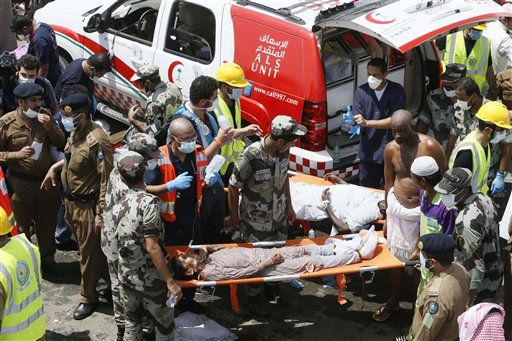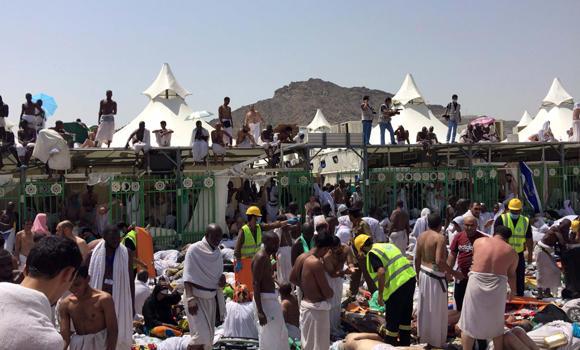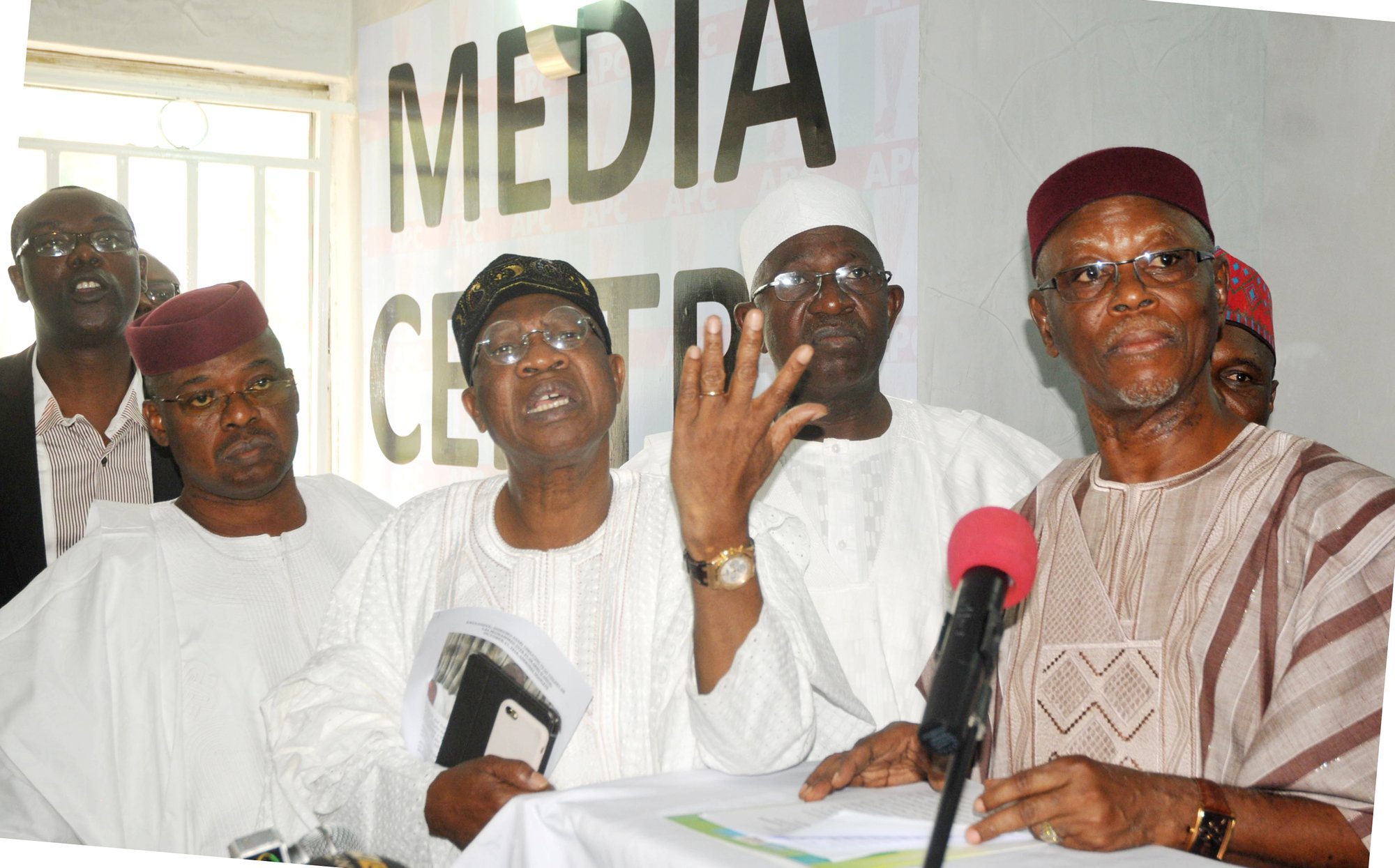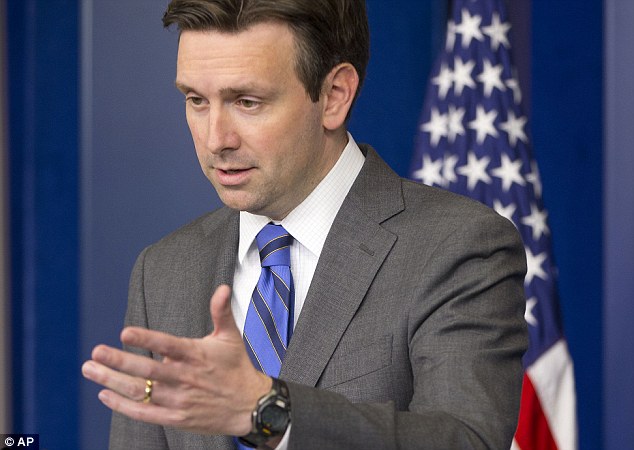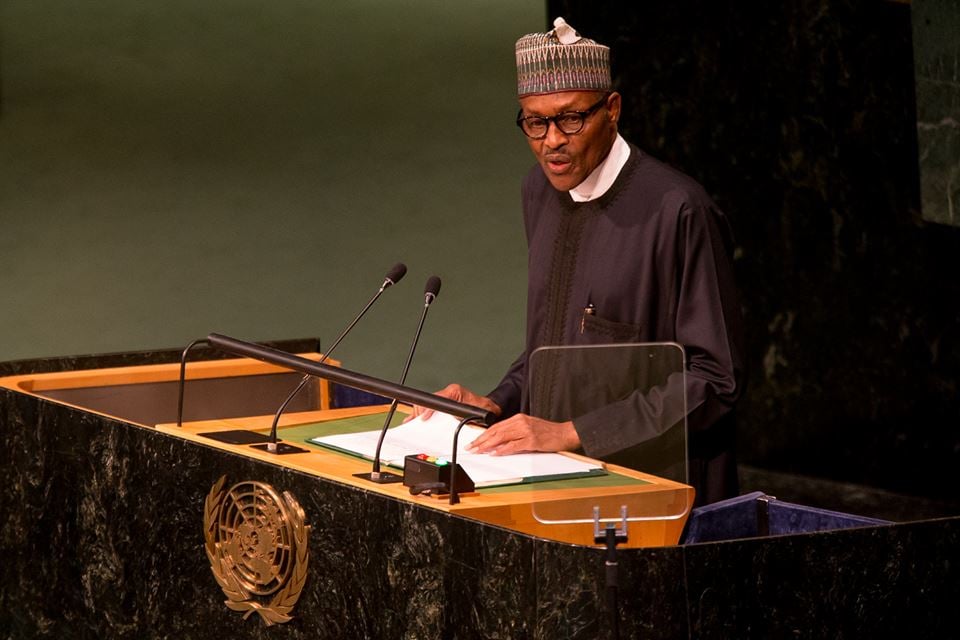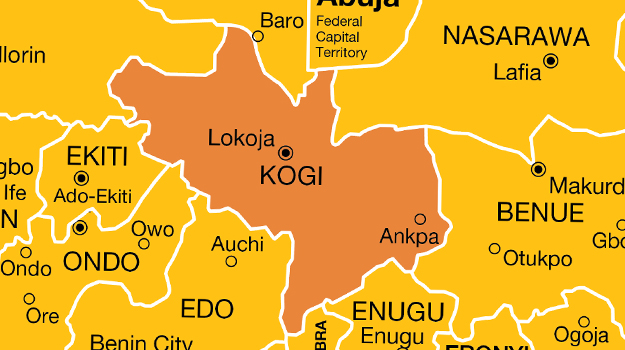As at last count, 717 people from across the world were killed and 863 injured at Mina, Saudi Arabia, as numerous Muslims observed the necessary rites for the age-long hajj outside the holy city of Mecca on Thursday.
As TheCable reported earlier, a renowned Muslim scholar, Tijjani El Miskin, and Bilkisu Yusuf, the most prominent female journalist of northern origin, were among the Nigerians involved in the accident.
One of the Nigerian pilgrims currently in Mecca has spoken to TheCable, detailing the cause of the deaths, how he narrowly escaped and what the Saudi authorities could improve on to avert future occurrences.
HOW IT ALL HAPPENED
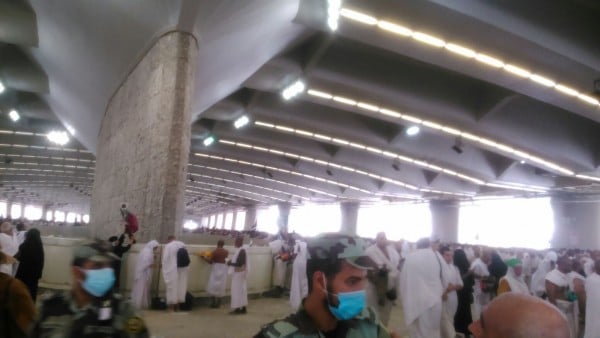
Saudi-owned al-Arabiya TV channel reported Khaled al-Faisal, a Saudi prince and head of the central hajj committee blaming the stampede on “some pilgrims from African nationalities”.
Advertisement
But an insider, a man in his early thirties who asked not to be named so he could freely speak, disclaimed the prince’s utterance, saying those who caused the accident were predominantly non-Africans.
“It was not caused by African nationals; it was caused by pilgrims who came through one way. Fine, African pilgrims and some other pilgrims were on that street heading towards Jamrat, but you can’t say it was caused by Africans,” he said.
“On our way to Jamrat where we went to throw stones — the stoning symbolises you putting away your vices; you know every human being believes that vices come from the devil — there are so many entrances, but the particular entrance we took was the entrance that had two tents on both sides, left and right.
Advertisement
“It was peaceful at the beginning, but halfway towards where we were going, we saw a crowd, the crowd’s tent was the tent we would pass before getting to Jamrat.
“Once you threw your stone, there’s an exit you took and made a U-turn to your tent. But instead of people taking that exit, they didn’t take the exit. I don’t know how they came, we just saw them coming towards us.
“As they were coming, they started pushing those of us who were going to throw our own stones. From the pushing, people started falling and it was from there that the stampede began.”
HOW SOME SURVIVED
Advertisement
The source said amidst the whole pandemonium, he sought rescue by struggling his way to the rail-like gates around the tent, where he climbed the tent to find safety.
“In order to survive, I found my way towards a rail to climb to the top of a tent; I struggled, made it to the gate of the tent, even at that, people were still pushing me.
“I threw my Ihram – the sacred white cloth we pilgrims use – to a pilgrim that was already on top of the tent to pull me up. He pulled me up and that was how I avoided stampede.”
Recovering from the shock of a near death situation, he said, “for close to 10, 15 minutes, I wasn’t myself”.
Advertisement
Many others survived in like manner.
LANGUAGE COMPLICATIONS
With over 100 deaths from Iran alone, Ayatollah Khomeini, Iran’s supreme leader, has called out Saudi authorities for logistical failures in securing hundreds of pilgrim who died in the tragedy.
Advertisement
The authorities, who are likely to compensate families of the deceased, still come under fierce attacks from numerous commentators.
The state’s ministry of health has said the pilgrims failed to obey instructions given to them as regards their movement. Our source however thinks pilgrims cannot be said to have disobeyed instructions they never quite understood.
Advertisement
“If they say a road is one way, there should be no segregation or preference for some people to take one way the wrong way. If it’s for those going, let it be for going.
“The people that were lost had issues locating their tents; most of the security personnel speak Arabic only. They only converse in Arabic, and if you’re not the type who understands little Arabic, you won’t be able to grasp what they say.
Advertisement
“This should not result to death before they start training personnel to speak other languages.”
He called on the hajj committees to make sure tour guides are multilingual, so as to communicate with many nationals who do not understand Arabic.
According to Islamic belief, those pilgrims who lost their lives died a righteous death and are referred to as “martyrs”.
Photo credit: Arabnews, TheCable Source.
Add a comment

